- 631-796-2804
- [email protected]
- Mon - Fri: 6:30AM - 5PM
Professional oil and stone installation that costs less than asphalt but lasts longer than gravel.
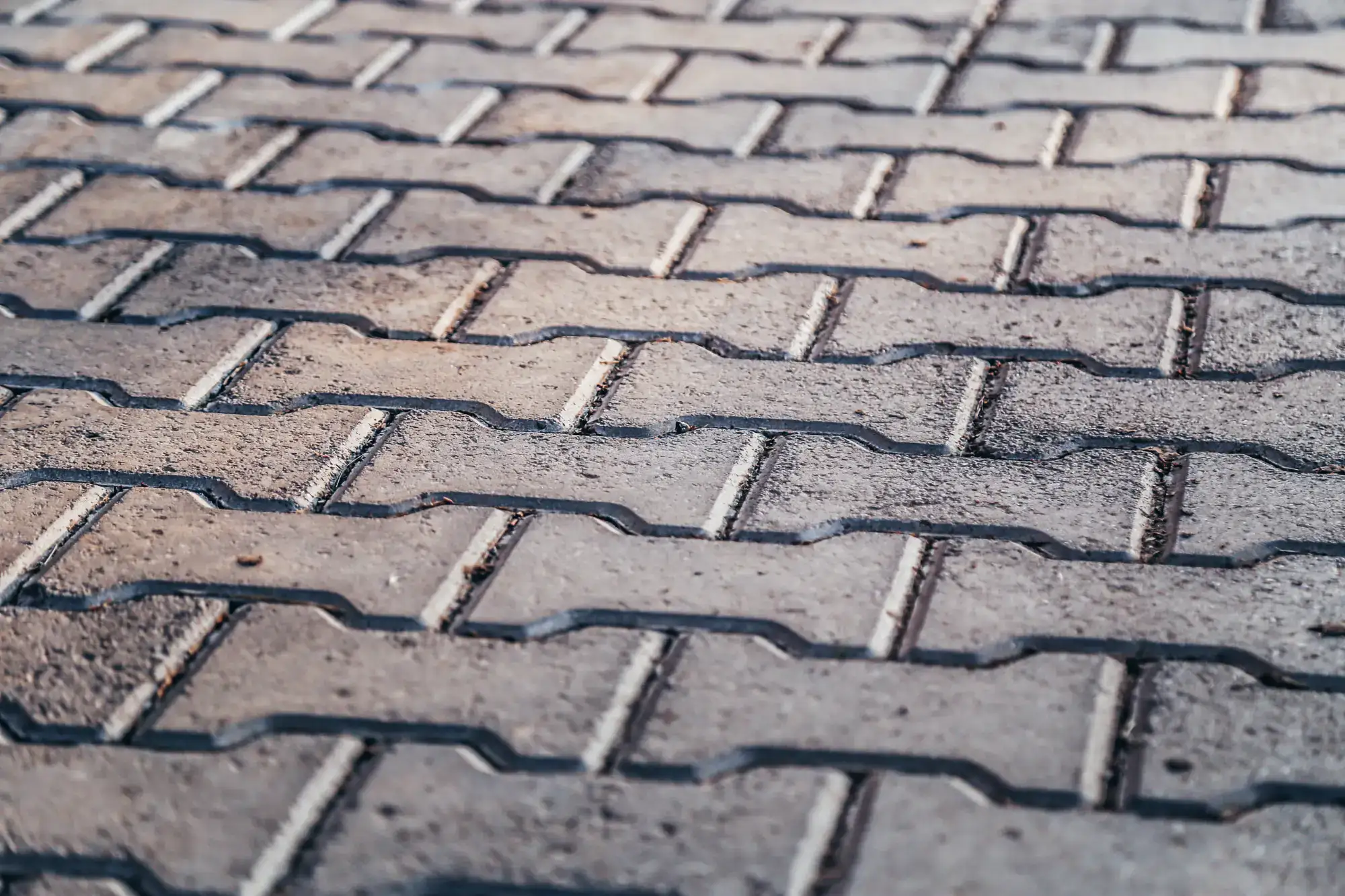
Hear from Our Customers
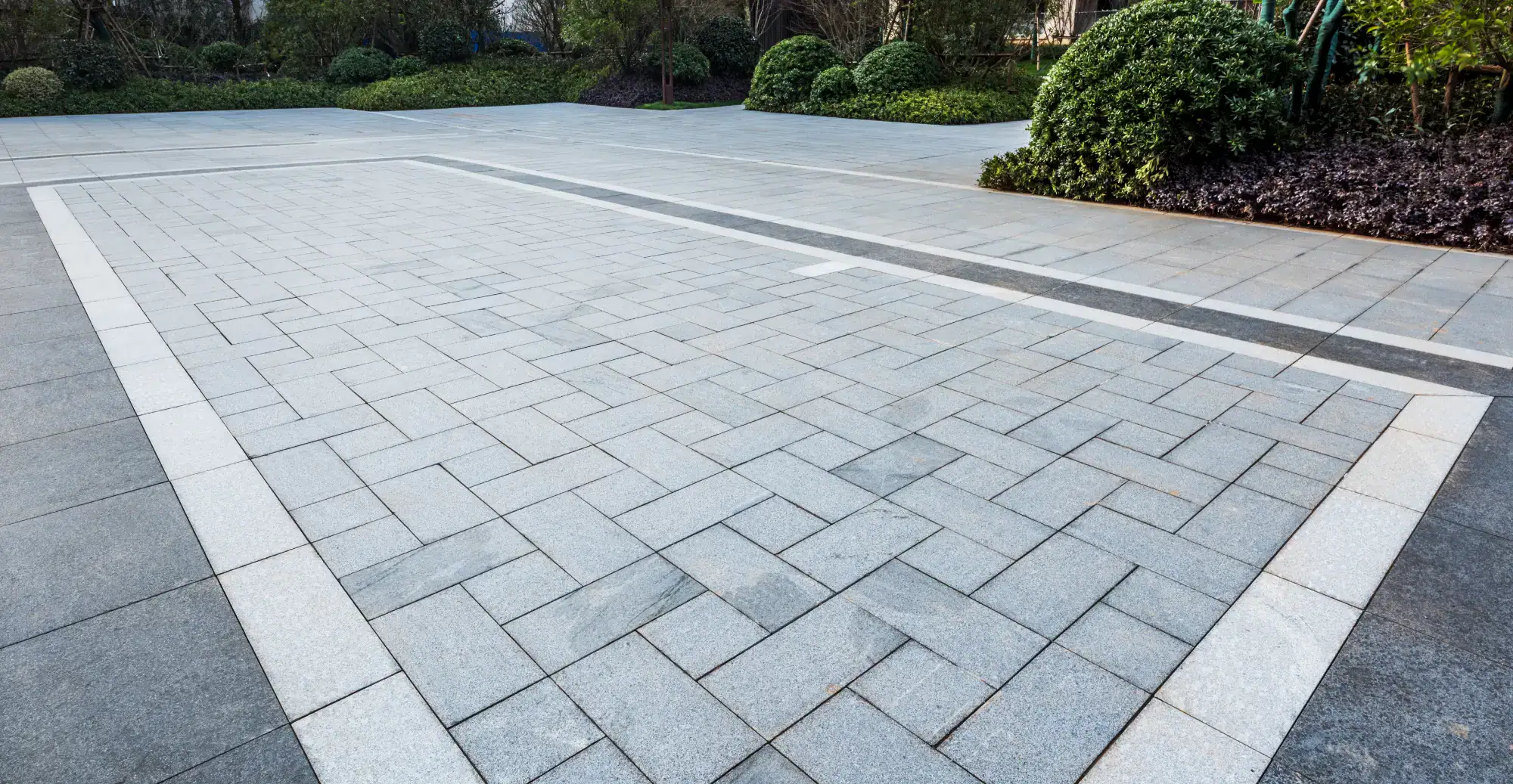
Your driveway problems end here. No more dealing with loose gravel that scatters across your lawn every time you back out. No more staring at those expanding cracks in your old asphalt, wondering when the whole thing will need replacing.
Oil and stone gives you a solid, bound surface that handles Long Island’s weather without the premium price tag. The stone layer provides excellent traction when it’s wet, and the oil base flexes with temperature changes instead of cracking like rigid asphalt.
You get a professional-looking driveway that drains properly, resists rutting, and can handle everything from delivery trucks to daily family traffic. Most importantly, you get years of low-maintenance use without the constant upkeep that comes with loose stone or the expensive repairs that asphalt eventually demands.
All Purpose Paving has been handling driveway projects across Long Island for years, and we’ve seen what works in Farmingville’s climate and what doesn’t. We’re not the guys who show up, throw down some material, and disappear.
We understand that your driveway takes a beating from salt air, freeze-thaw cycles, and heavy use. That’s why we focus on proper preparation and quality materials that actually hold up to local conditions.
When we say we’ll be there when scheduled, we mean it. When we explain what the job involves and how long it takes, that’s what happens. No surprises, no excuses, just professional work done right the first time.
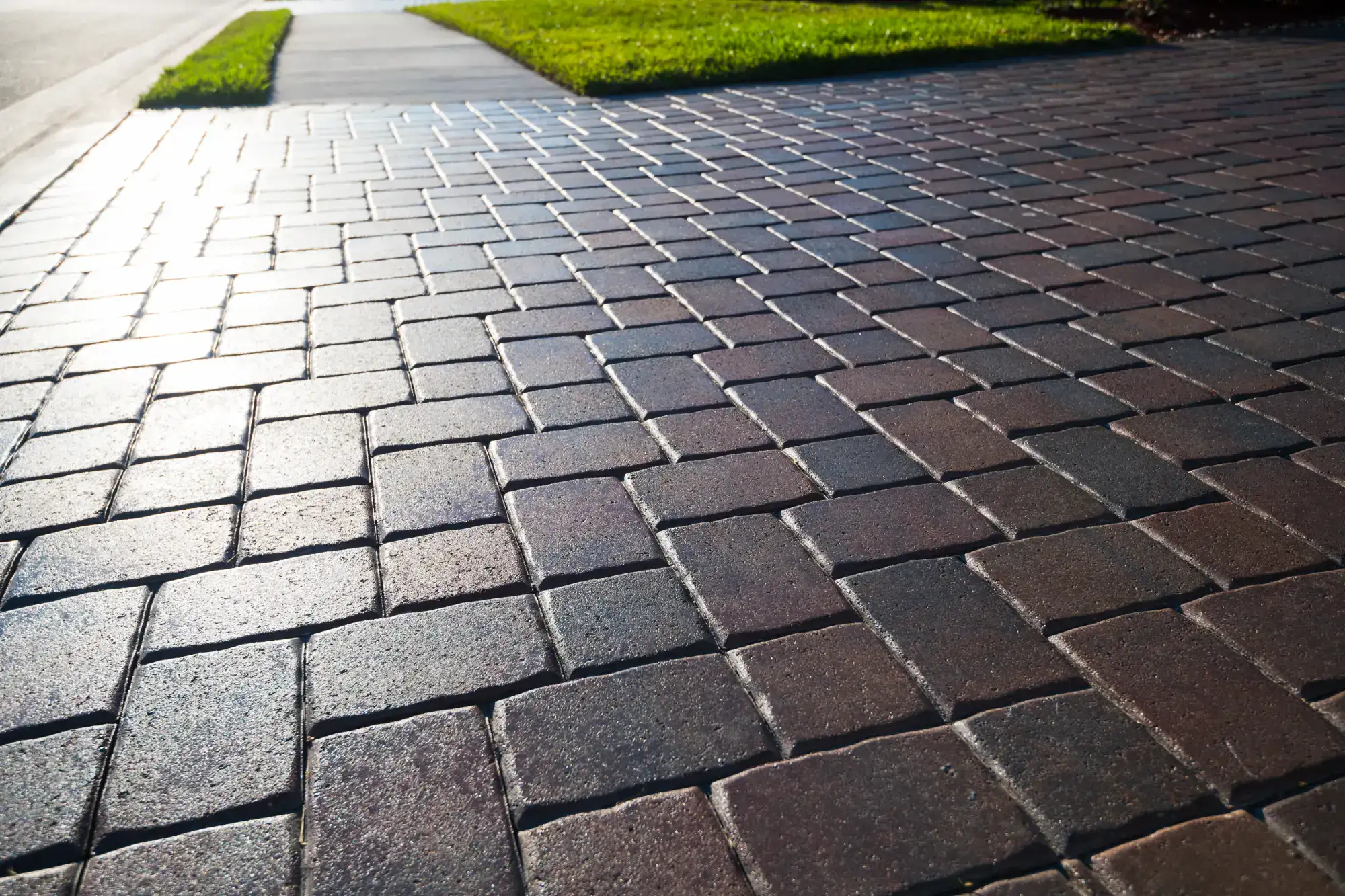
First, we prepare your base properly. This means grading for proper drainage and compacting the foundation so your new surface won’t settle or develop low spots later. Most driveway problems start with poor base preparation, so we don’t cut corners here.
Next comes the oil application. We apply a hot liquid asphalt binder evenly across the prepared surface. This isn’t just sprayed on randomly – the coverage rate and temperature matter for proper stone adhesion.
Then we spread and roll the stone layer while the oil is still tacky. The stone gets pressed into the binder, creating a bound surface that won’t scatter like loose gravel but flexes better than solid asphalt. We use clean, properly sized stone that interlocks well and provides good traction.
The whole process typically takes one to two days depending on your driveway size. You can usually drive on it within 24 hours, though we recommend taking it easy for the first few days while everything fully sets.
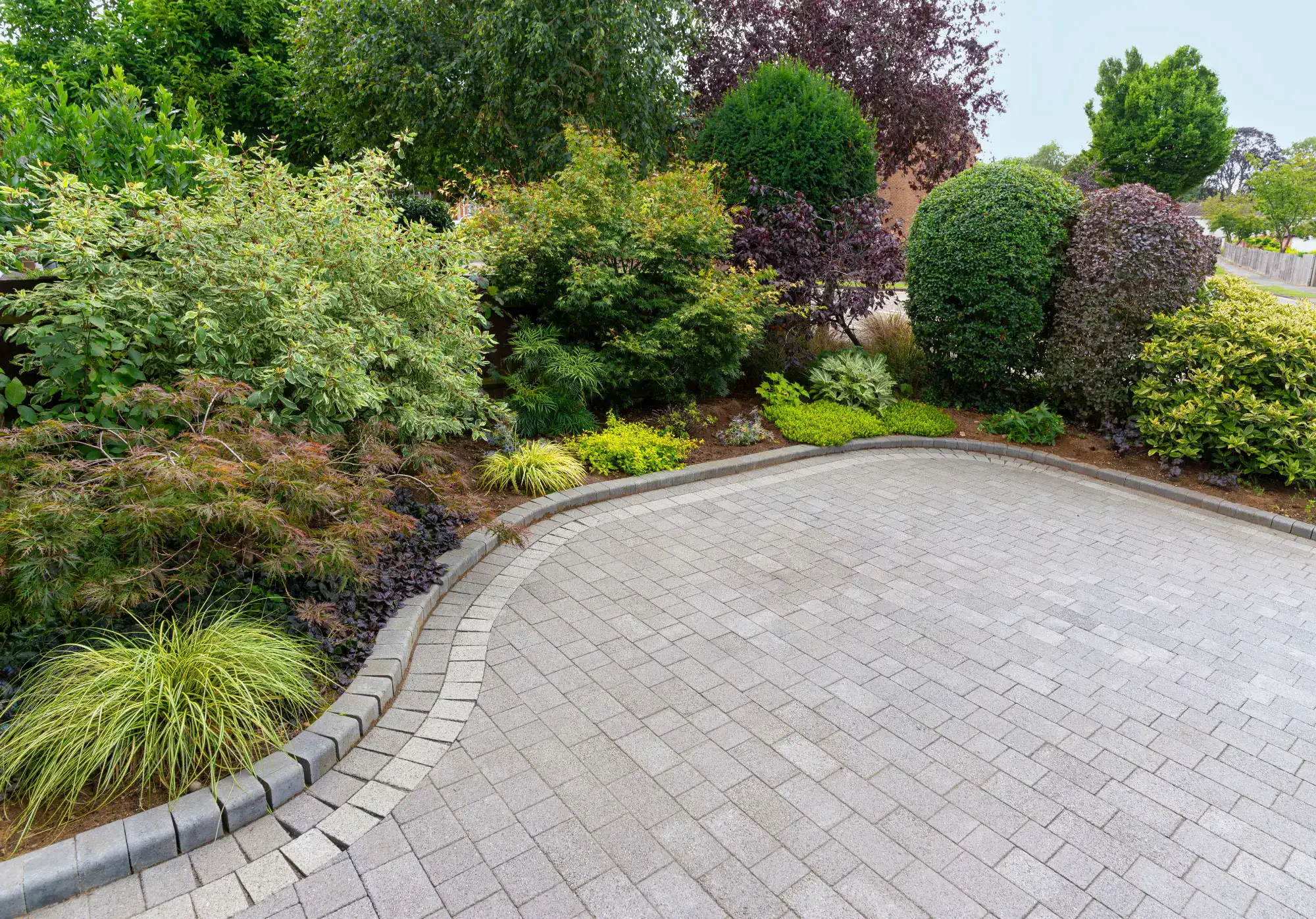
Ready to get started?
You get complete site preparation, which means proper grading, drainage considerations, and base compaction. We don’t just work with what’s there if what’s there isn’t right. Your driveway needs to shed water properly and have a solid foundation.
The oil and stone application includes quality liquid asphalt and clean stone sized for optimal binding and appearance. We coordinate material delivery so everything arrives when needed and nothing sits around cluttering your property.
All equipment and labor for proper installation is included. This means the right rollers for compaction, proper application equipment for even coverage, and experienced crews who know how to handle each step correctly. We also handle cleanup so you’re not left dealing with scattered stone or equipment marks on your property.
Most Farmingville projects also benefit from our local knowledge of drainage patterns and soil conditions. We’ve worked in enough local neighborhoods to know what challenges to expect and how to address them before they become problems.
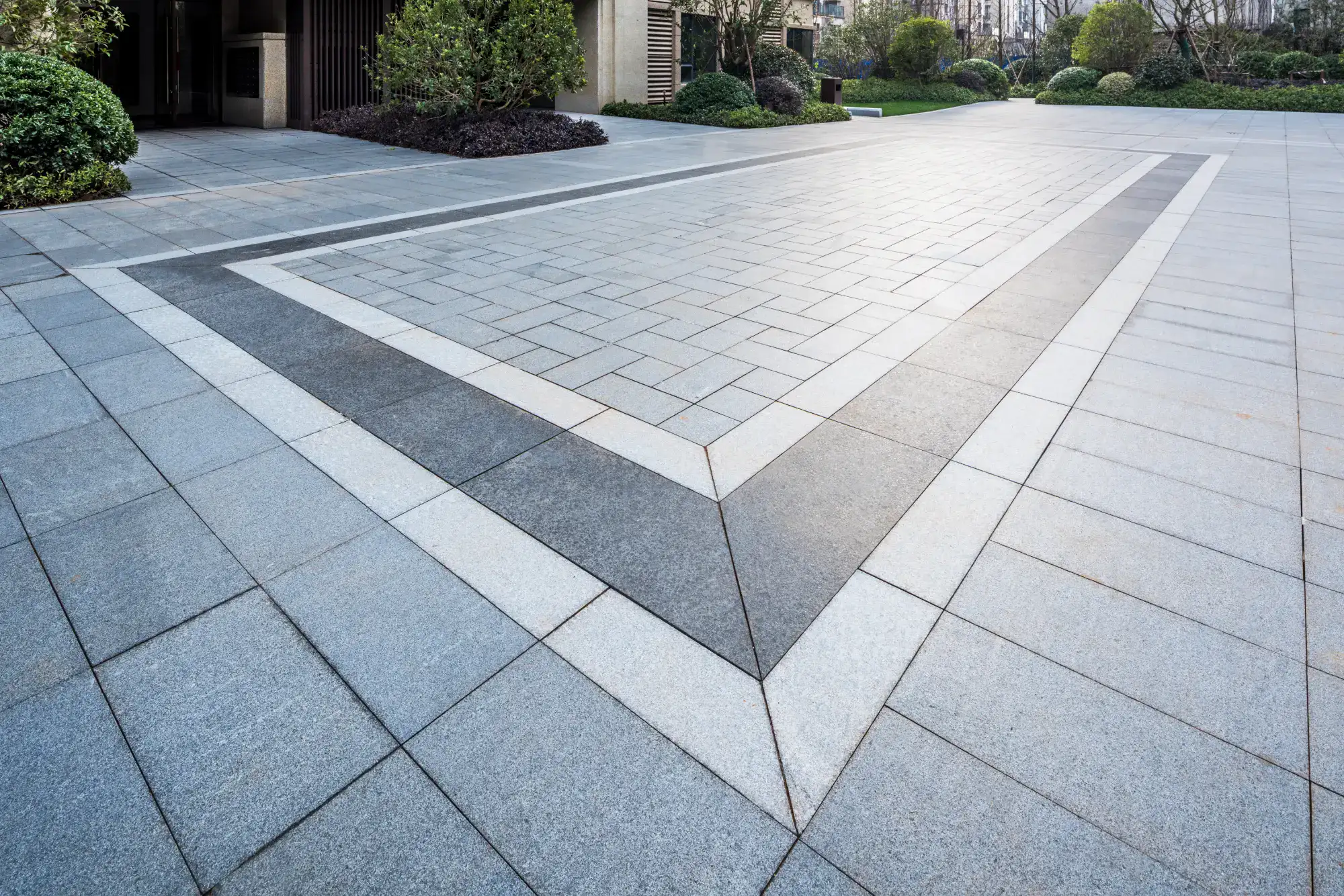

We are a family owned and operated paving contractor servicing customers on the East end of Long Island. We specialize in all phases of paving from start to finish.